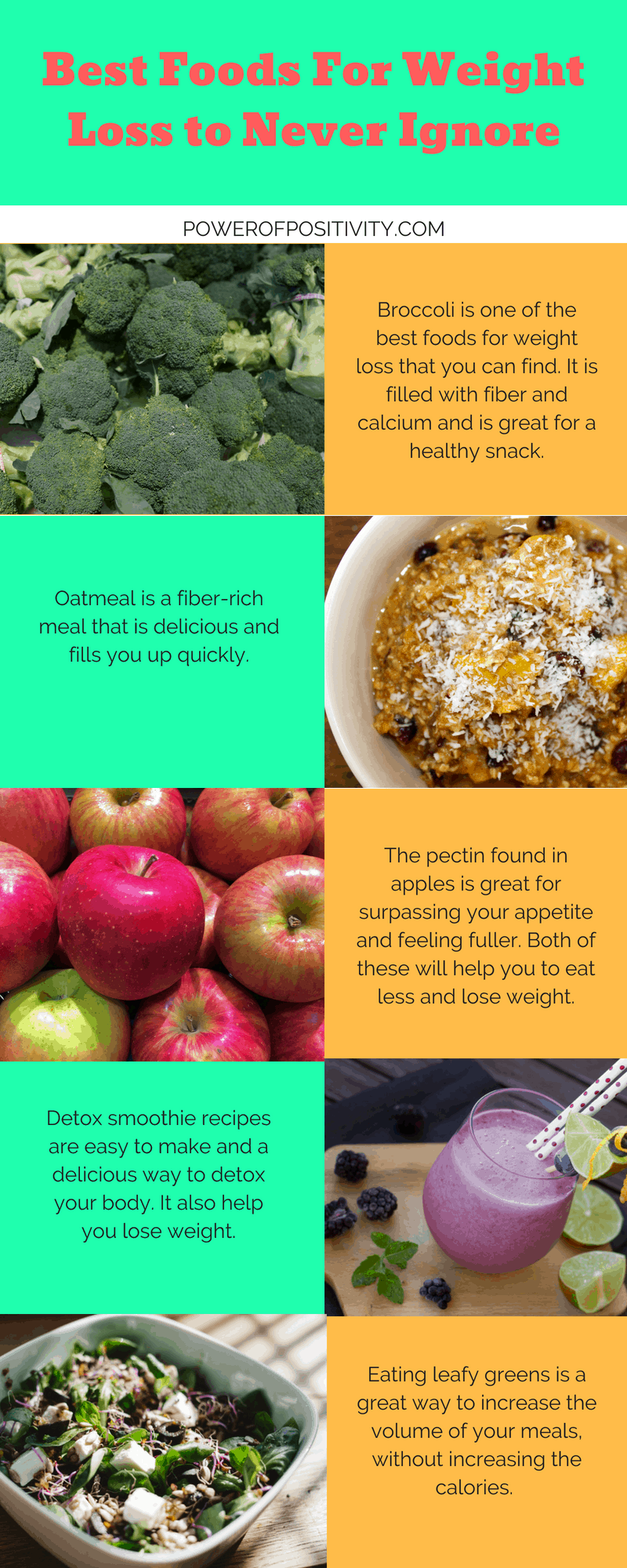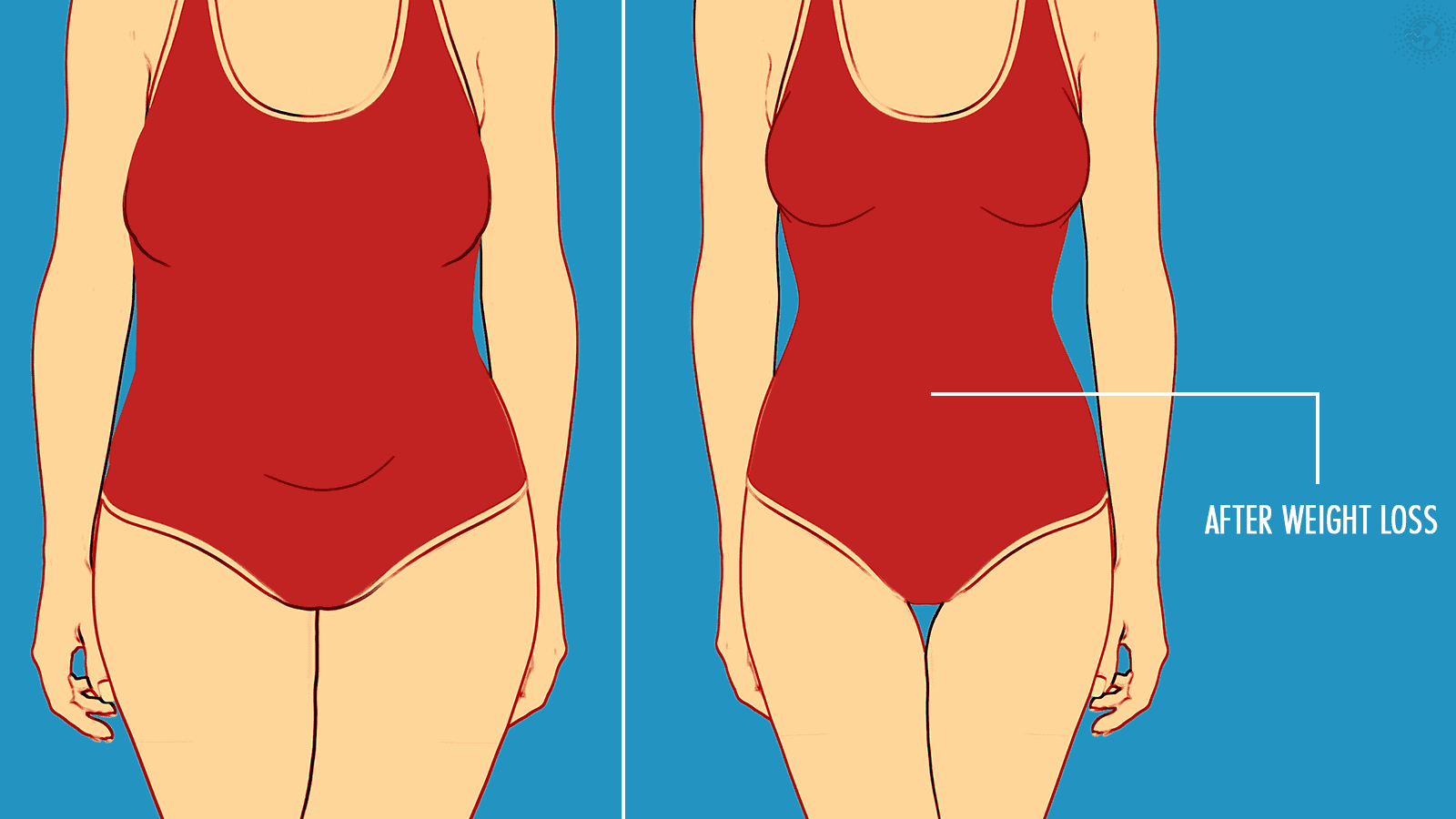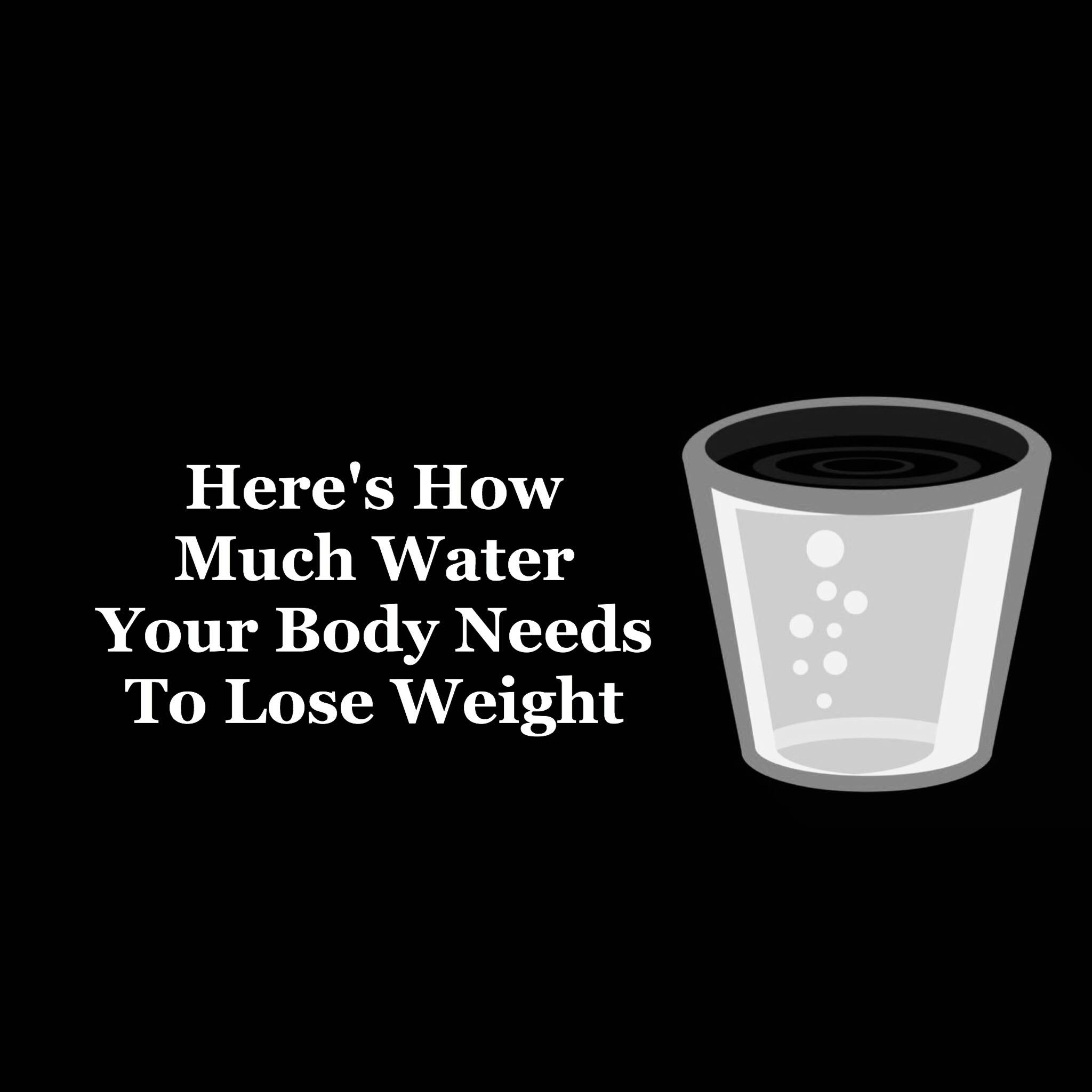Many people in the United States lead a sedentary life and suffer from obesity. Over 36% of American adults, according to the Centers for Disease and Prevention (CDC), are obese. Obesity is defined as having a body mass index (BMI) 30.0 and over. A BMI of 25-29 is considered overweight. Your physician and dietitian will argue that obesity and being overweight can lead to serious health risks that will interfere with your quality of life on a grand scale. A high weight and BMI put you at risk for the onset of chronic medical conditions such as cardiovascular disease, diabetes type 2 and developing cancer.
You can achieve weight loss and a proportionate BMI by making positive changes in your lifestyle and increase your wellbeing as a result . An important lifestyle change is making the commitment to lose weight. Successful weight loss includes eating a healthy diet, cutting down on carbohydrates and fats, and getting regular exercise.
10 Things You Need to Know About Weight Loss
1. Weight Loss becomes easier by eating healthy, nutrient dense, plant-based foods.
Your dietician may recommend that consuming foods that are plant based, nutrient dense, and low in carbohydrates and fats will maximize your nutrition and wellness. Green, leafy vegetables, when eaten slightly cooked or raw, provides your body with the maximum amount of vitamins and minerals contained within the vegetables. Overcooking these vegetables leeches the nutrients and the water contained within them, reducing the amount of the nutrients being consumed.
2. Cut down on eating carbohydrates for extra weight loss.
Complex carbohydrates such as starch and sucrose (table sugar) are broken down into glucose by the body. Eating too many carbohydrates such as bread and potato chips are immediately broken down into glucose which is burned into energy by the cells or stored as fat by the body. In order to lose weight, the body must be ale to breakdown the stored fat and eliminate it. To do this, you must consume a minimal amount of foods containing carbohydrates. Cutting carbohydrates also lowers the amount of insulin produced and used in storing glucose as fat and allows your kidneys to get rid of more water from the body.
3. Eat lean proteins.
Legumes and beans are a great source of lean, plant based protein for weight loss. Legumes such as lentils and beans such as garbanzo beans and kidney beans contain all 20 essential amino acids needed by the human body to manufacture proteins. The benefits of eating legumes and beans are that they are a good source of fiber and are heart friendly because they are low in fat and cholesterol.
Lean meat such as fish is naturally low in polyunsaturated fats. Salmon, not only is high in omega 3 fatty acids which are good for your heart but is also high in phosphorous which is important for the proper functioning and well being of the brain.
4. Reduce your consumption of fat and replace polyunsaturated oils with monounsaturated oils.
Consuming an excess amount of fat foods encourages your body to store more fat, defeating the purpose of weight loss. By decreasing the amount of fat you consume on a daily basis will ensure that your body is burning the stored fat you already have and losing inches around your waist line.
5. Replace polyunsaturated fats with monounsaturated fatty acids such as olive oil and canola oil.
Olive oil and canola oil contain omega 3 and omega 6 fatty acids that are good for your health and have been proven to protect the arteries and the cells from cellular damage. They also reduce the amount of cholesterol in your blood and prevent atherosclerosis or hardening of the arteries.
6. Regular aerobic exercise is key to losing weight.
Aerobic exercises help the cells in the body burn stored fat and glucose. Fat and glucose are both converted into energy used to drive metabolic functions of the cell and as heat energy to keep the body temperature constant. Exercise also prevents glucose from being stored as fat molecules within the tissues of the body.
7. Drink lots of water.
All living things need water to survive. Our bodies are made up of 70% water. We lose water through respiration, pores in our skin to cool the body down and through urination. The natural processes of catabolism that occur on a daily basis within our cells creates toxins and by-products that are flushed out of the system with water. Our bodies need a minimum of 64 ounces of water daily to ensure that this process eliminates these wastes efficiently.
Weight loss is a catabolic process that breaks down fat molecules stored within the fat cells. Fat, is broken down into smaller molecules such as glucose, a simple sugar used by the cells to generate energy during anaerobic respiration. Other molecules are created as by products during this cellular process and purged from the cells into the bloodstream with water.
8. Reduce stress and anxiety.
Stress and anxiety cause the levels of stress hormone cortisol to rise. When cortisol increases in the body, appetite increases as well. The hormone increases hunger by raising the levels of insulin, blood sugar levels to decrease and cravings for sugary and fatty foods.
Eating for many people is a source of comfort. Jason Perry Block, MD, an assistant professor at Harvard emphasizes that eating food counteracts stress by allowing the body to release chemicals that have a calming effect. He states that a better way to combat stress and anxiety is to engage in hobbies and activities that divert gourmand from worrisome situations.
9. Eating smaller, frequent meals maximizes your metabolism.
Smaller meals eaten five times a day keep your energy levels consistent throughout the day. Micro meals and snacks containing lean protein, vegetables, a small amount of carbohydrate and healthy fat such as olive oil provide your cells with the nutrients it needs for optimal functioning.
10. Get a good night’s sleep.
Recent scientific research reported by the Mayo Clinic has shown that people are more prone to gain weight sleep less than 5 hours or sleep more than 9 hours every night. Overall calorie intake increased preference for high calorie foods also increased. Doctors theorize that sleep duration affects hormones that control hunger and increases appetite. Sleeping less also causes fatigue and a marked lack of physical active. Adults that are less active tend to gain weight rapidly.
Making important and necessary changes may be difficult at first, but gets easier over time. Weight loss is important and involves a commitment to changing your lifestyle. If you are willing to do what it takes, the quality of life will improve and you will be on the road to leading a long, healthy life. The payoff is definitely worth the effort.




















